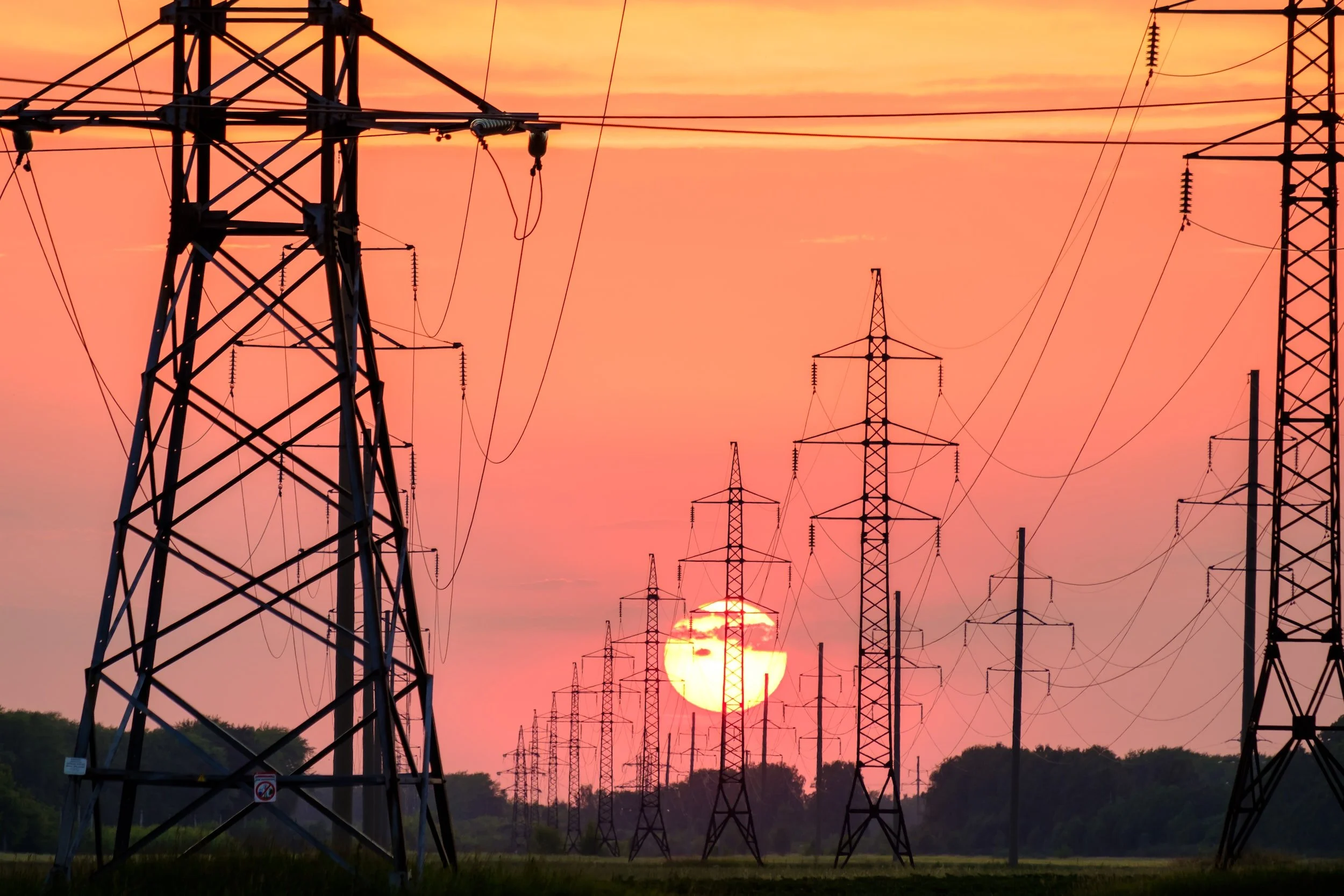Power Purchase Agreements in South Africa: What Businesses Need to Know
What is a PPA?
Power purchase agreements (PPAs) are legal contracts between electricity generators and buyers. In South Africa, PPAs play a crucial role in facilitating the development and growth of the renewable energy sector. However, PPAs are subject to specific legal considerations and requirements. In this article, we'll explore everything businesses need to know about power purchase agreements in South Africa.
Key Features of Power Purchase Agreements
PPAs typically involve the following key features:
Generator and Buyer: The PPA is a legal contract between the electricity generator and the buyer, who agrees to purchase the electricity generated.
Electricity Prices: The PPA specifies the price at which the electricity will be sold and purchased.
Contract Period: The PPA specifies the period for which the contract will be in effect.
Performance Guarantees: The PPA includes performance guarantees that ensure the generator meets the agreed-upon production levels.
Legal Considerations for Power Purchase Agreements in South Africa
PPAs in South Africa are subject to a number of legal considerations, including:
Electricity Regulation Act: The Electricity Regulation Act provides the legal framework for PPAs in South Africa, and businesses must ensure that their PPAs comply with the Act.
National Energy Regulator of South Africa (NERSA): NERSA is the regulatory body responsible for overseeing the energy sector in South Africa and approving PPAs.
Independent Power Producers (IPP) Procurement Programme: The IPP Procurement Programme is a government initiative aimed at promoting the development of renewable energy projects through the use of PPAs.
Environmental Regulations: PPAs must comply with South Africa's environmental regulations, including those related to renewable energy projects.
Benefits of Power Purchase Agreements for Businesses
PPAs offer a number of benefits for businesses, including:
Access to Renewable Energy: PPAs provide businesses with access to renewable energy sources, reducing their reliance on fossil fuels and promoting environmental sustainability.
Cost Savings: PPAs can help businesses to save on energy costs, as renewable energy prices are becoming increasingly competitive with traditional energy sources.
Predictable Energy Costs: PPAs provide businesses with predictable energy costs, as the price of the electricity is agreed upon in advance.
Long-Term Energy Security: PPAs provide businesses with long-term energy security, as the contract period can be several years, ensuring a stable and reliable source of energy.
Conclusion
In conclusion, power purchase agreements are an important legal instrument for businesses operating in South Africa that wish to access renewable energy sources. They offer a range of benefits, including cost savings, predictable energy costs, and long-term energy security. However, businesses should be aware of the legal considerations and requirements associated with PPAs in South Africa and work with qualified legal professionals to ensure compliance.

